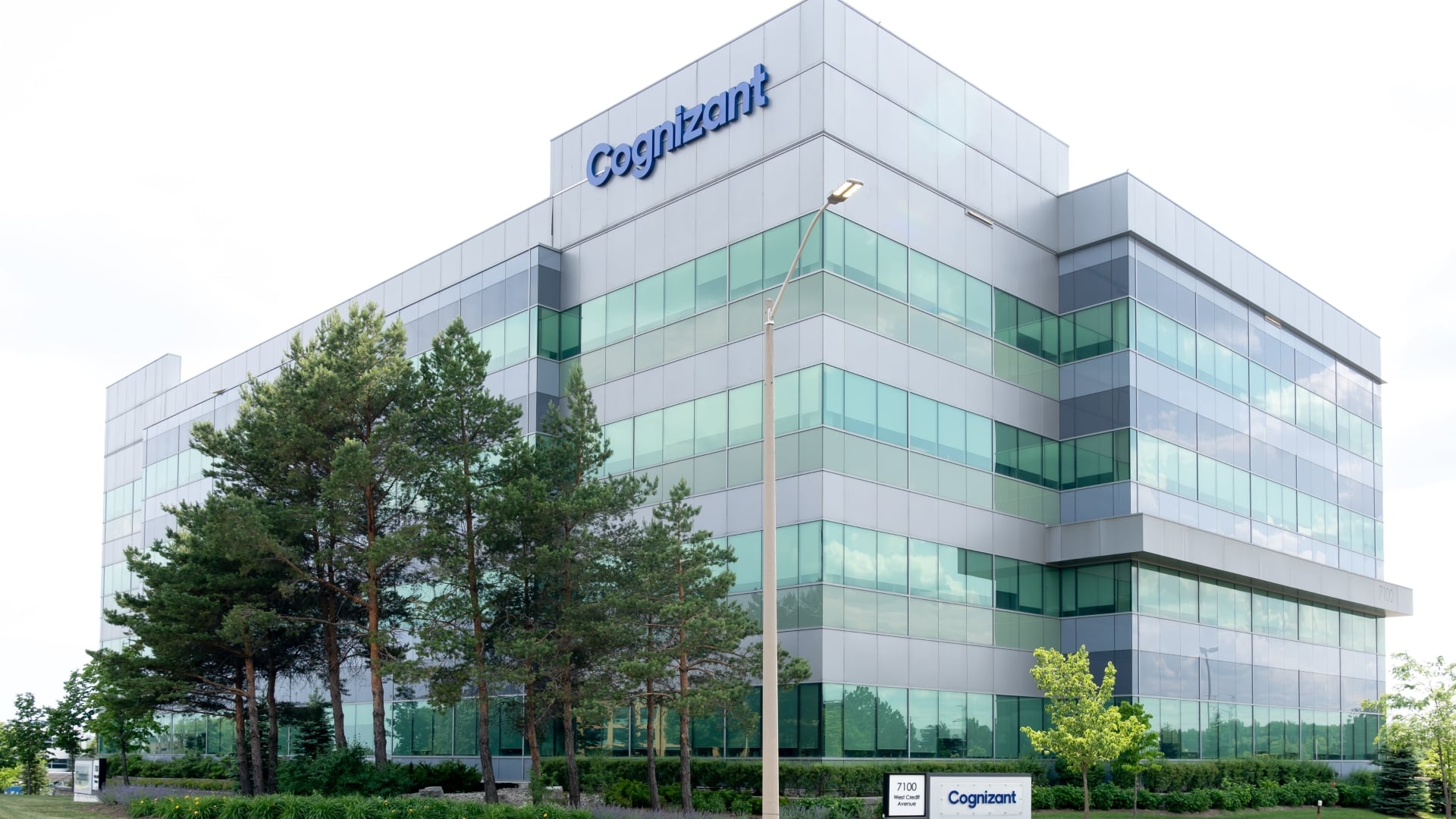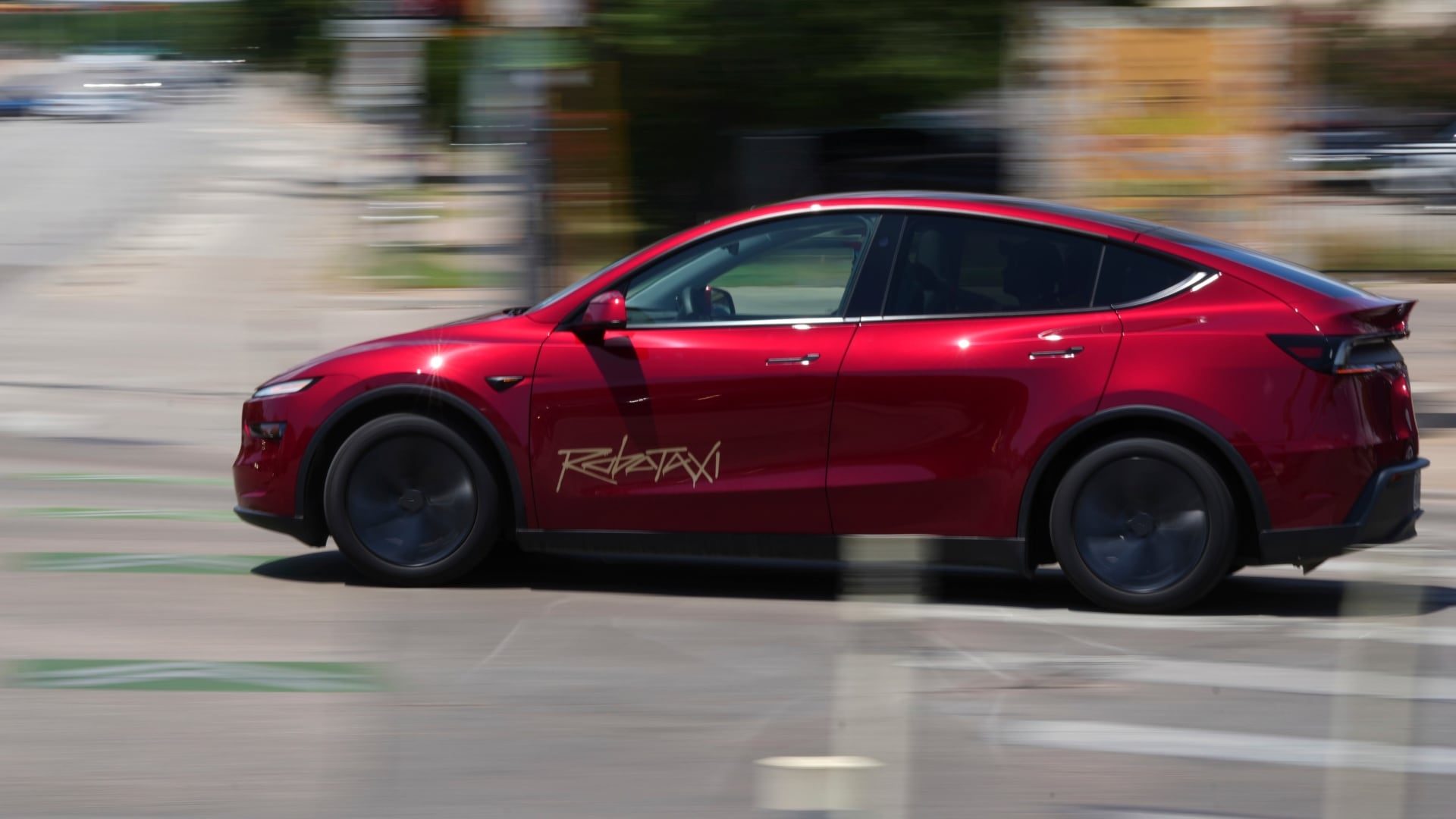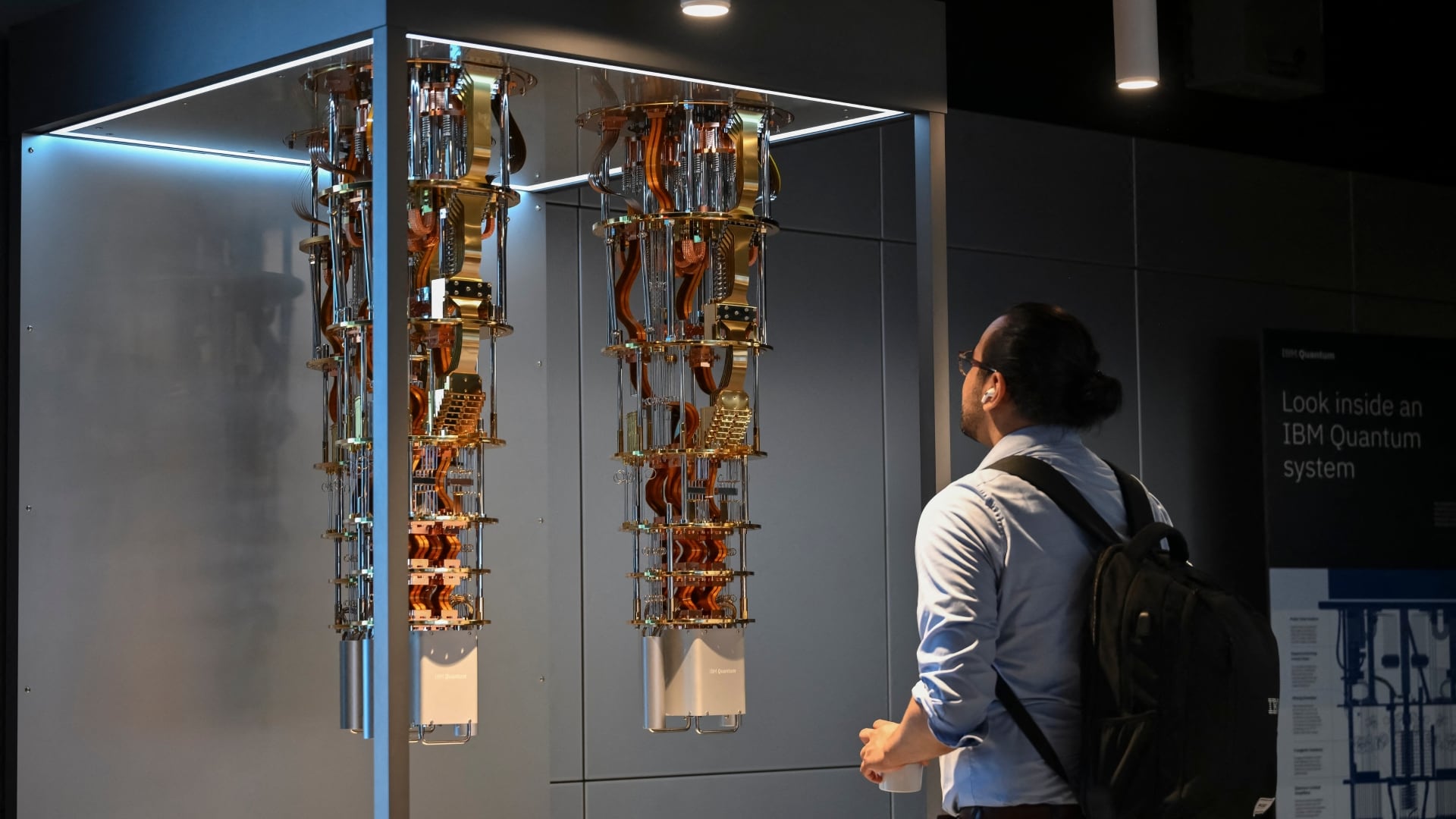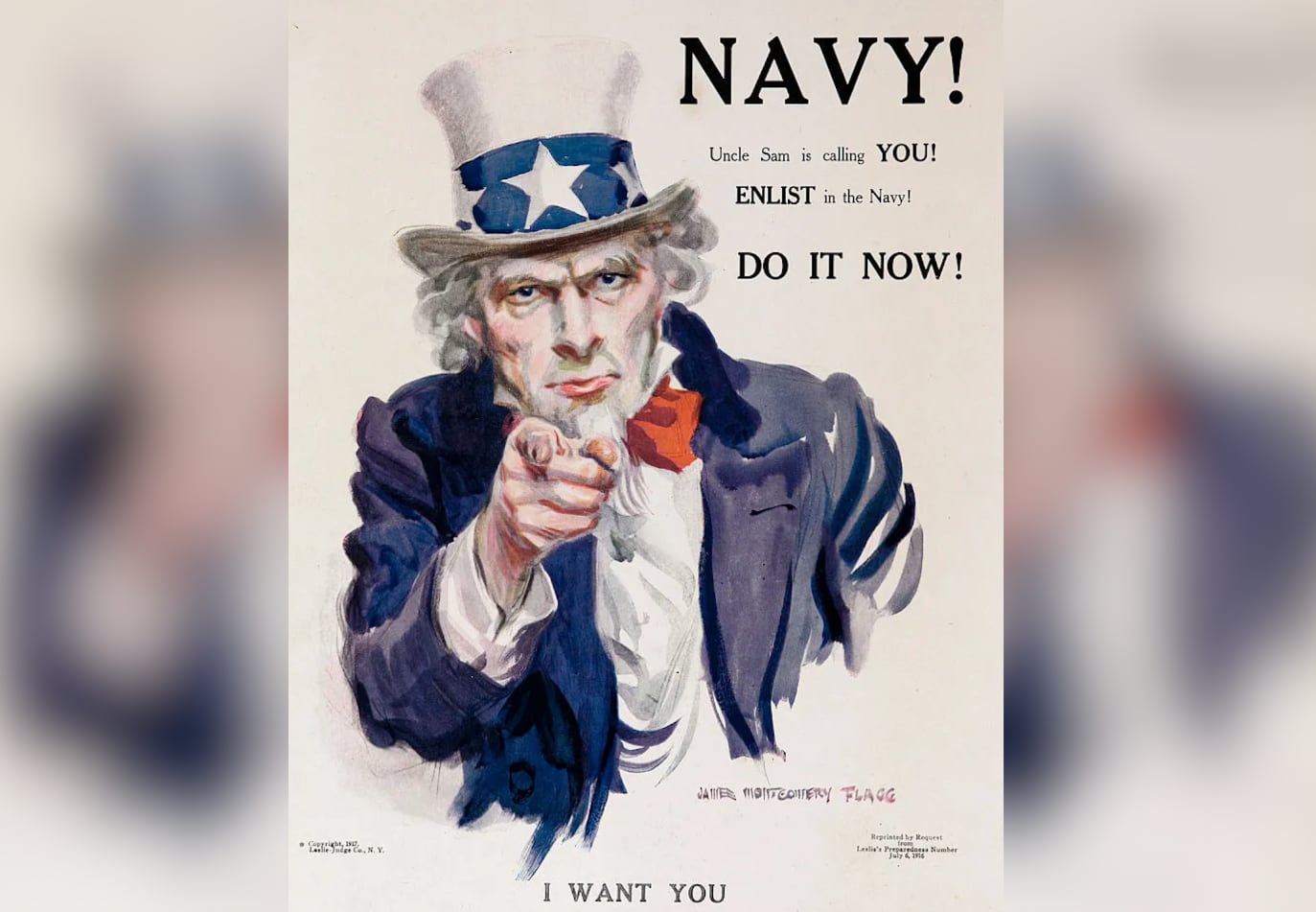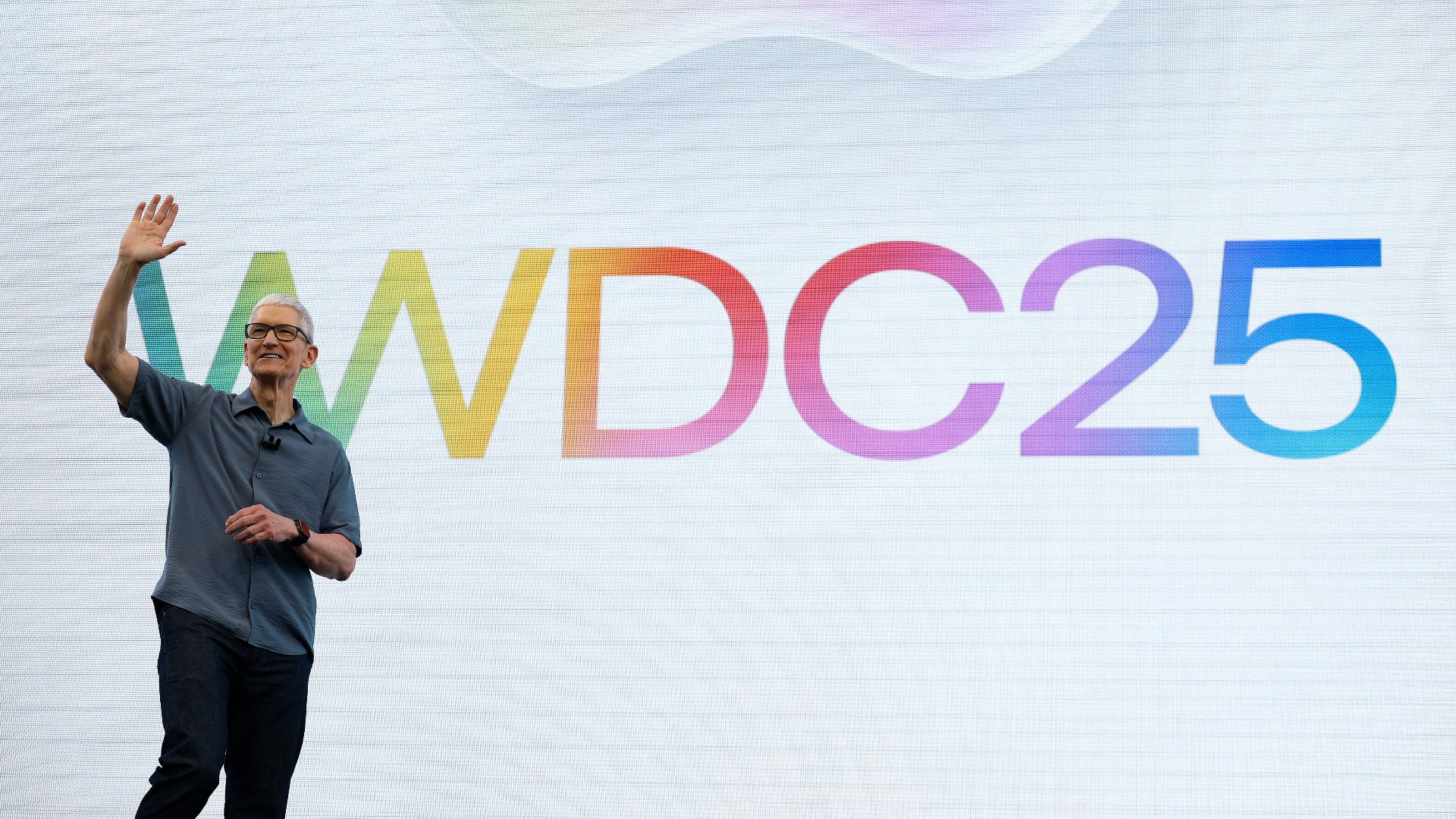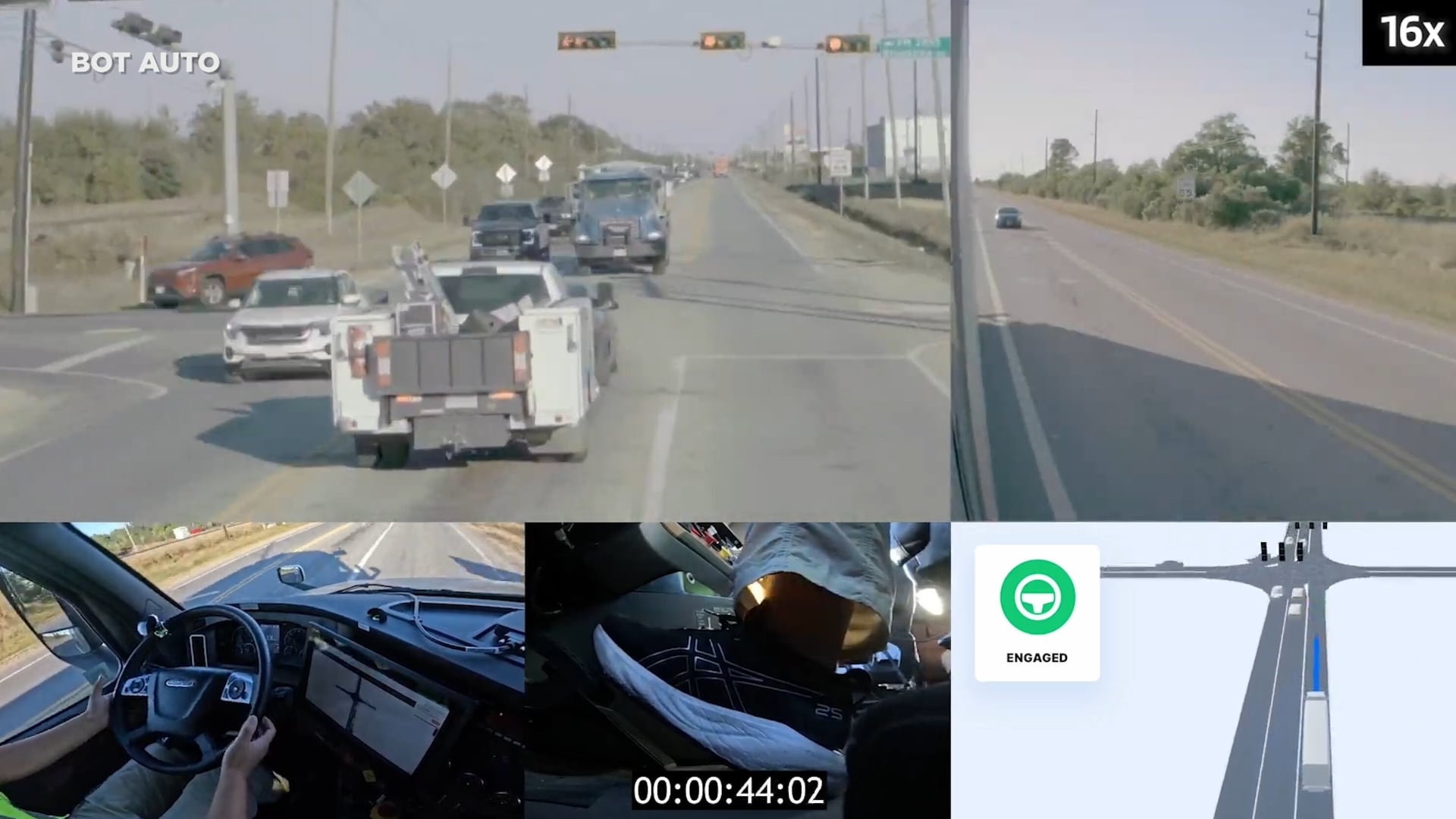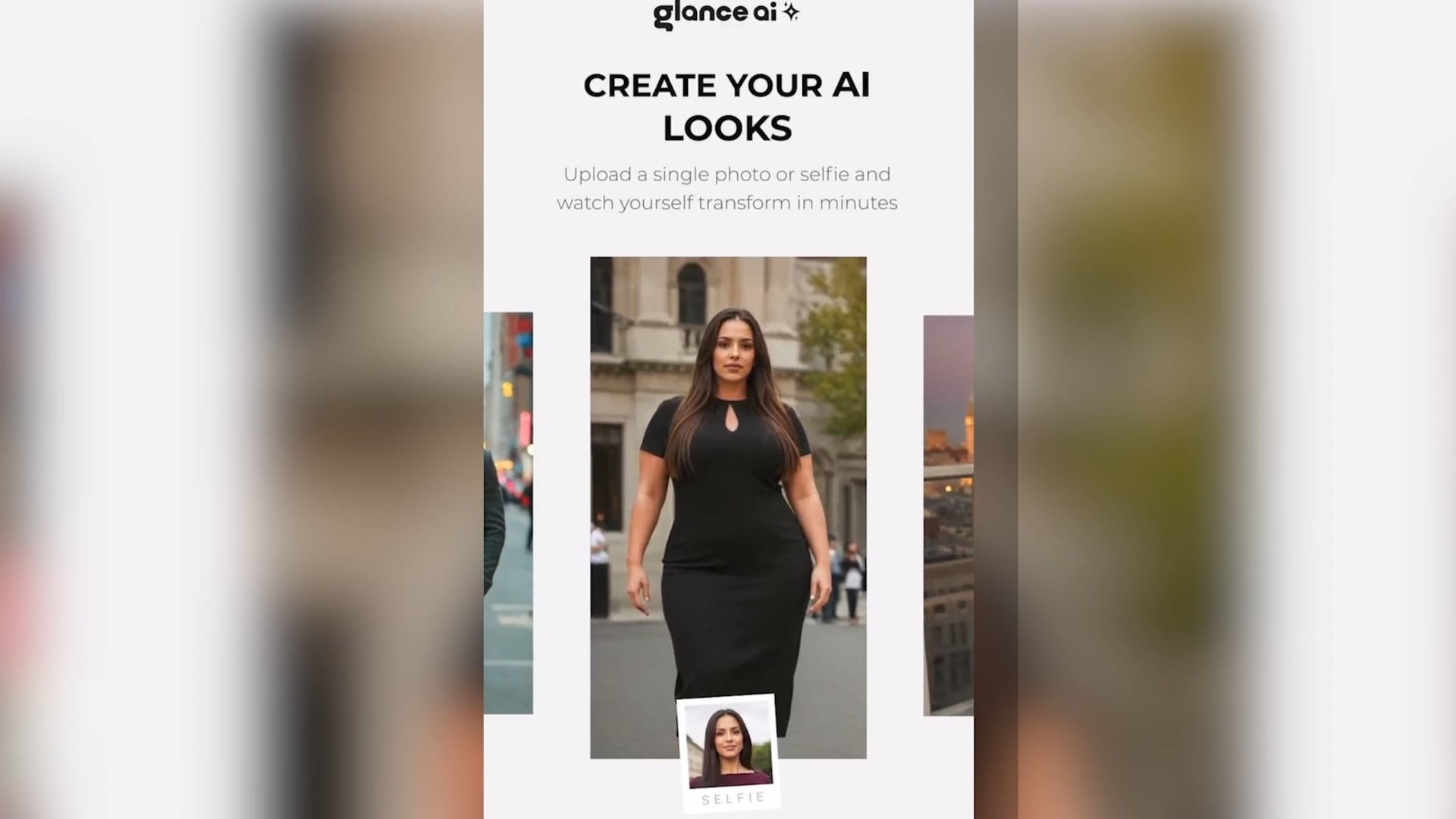The Extreme Tech Challenge (XTC), whose 2020 event concluded Wednesday, showcases the innovators harnessing the power of technology to address the greatest challenges facing humanity and our planet.
Young Sohn, corporate president and chief strategy officer for Samsung Electronics, and the co-founder of XTC, said the 80 judges who evaluate the contestants were looking for something different this year due to COVID-19 conditions.
"We used to look at the message, but now, we really want a viable business... we are looking for a startup management team that has the ability to drive and achieve their mission," Sohn said. "I think providing a very viable business plan that can be developed and discussed by the community is really what we are looking for."
This year's global winner was Genecis, a cleantech startup that converts food waste into biodegradable plastics and other high-value materials. Microgen Biotech's Xuemei Germaine won the Female Founder Award, and the COVID-19 Innovation Award went to TytoCare.
Sohn said it was important that companies were working towards implementing the United Nations 17 sustainable development goals.
"Whether it's the food issues, medicine, inclusion issues, equality, education. And we want to make sure these kinds of areas are well-captured, along with the technology to enable these applications to develop," he noted.
But achieving these goals takes inspiration and teamwork, and Sohn is hoping that the collaboration of ideas between bigger companies can bring greater results. He also gave credit to one world leader for providing the inspiration for creating this competition.
"I give a lot of credit to [French] President [Emmanuel] Macron for inspiring us to really rework our goals... working with big corporations like Samsung and Intel and Microsoft to accelerate the innovation path. In the process, together, I think we could have a bigger impact."
